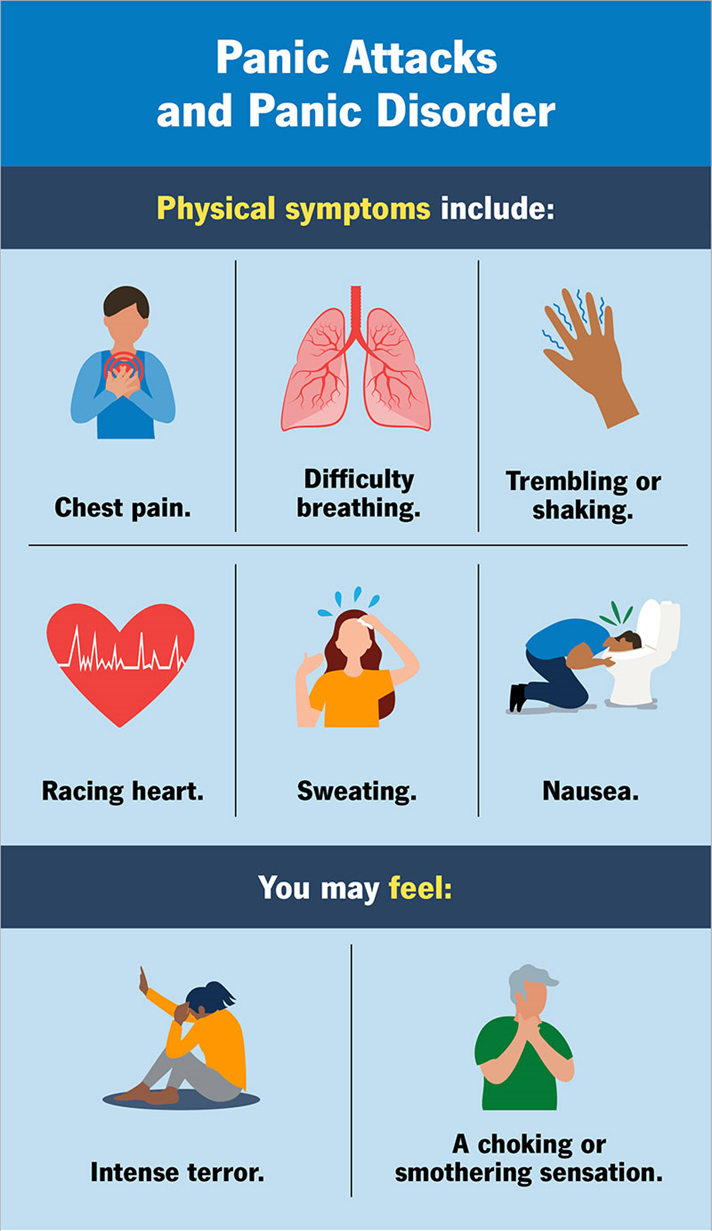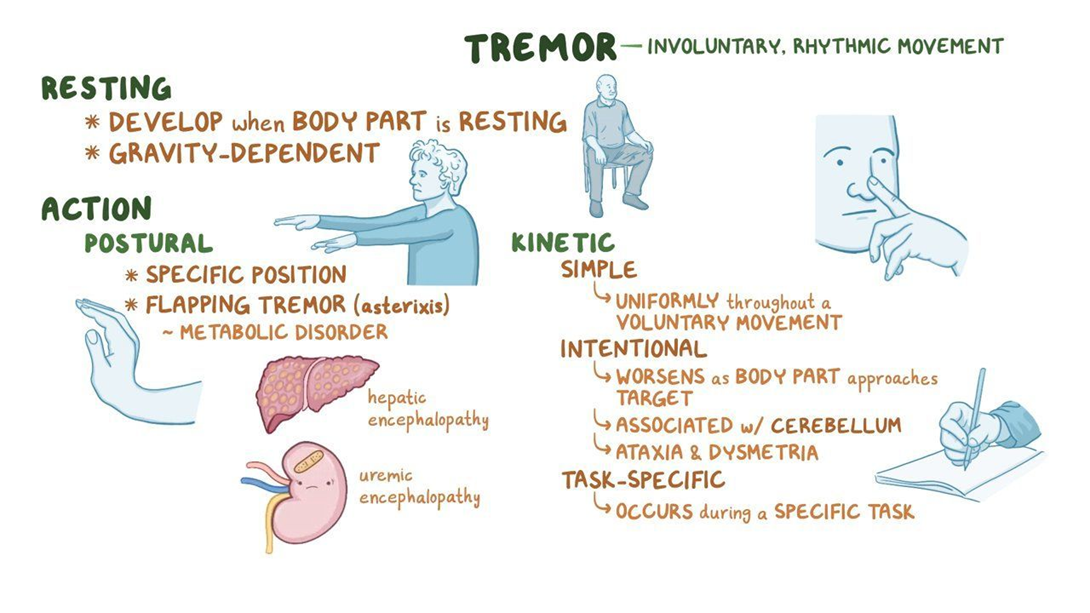A client is diagnosed with schizophrenia. The nurse would interpret which behavior as apathy? The client is:
Aggressive and angry.
Concerned over recent events.
Indifferent to their surroundings.
Supportive in group.
The Correct Answer is C
Choice A Reason:
Aggressive and angry.
Aggressive and angry behavior is not indicative of apathy. Apathy is characterized by a lack of interest, enthusiasm, or concern. Aggression and anger are more likely to be associated with other symptoms of schizophrenia, such as paranoia or frustration, rather than apathy.
Choice B Reason:
Concerned over recent events.
Being concerned over recent events shows an active engagement with one’s environment and emotions. This is the opposite of apathy, which involves a lack of interest or concern. Therefore, this behavior does not align with the definition of apathy.
Choice C Reason:
Indifferent to their surroundings.
This is the correct response. Indifference to one’s surroundings is a clear sign of apathy. In schizophrenia, apathy is a common negative symptom and involves a diminished ability to initiate and sustain activities, including social interactions. This lack of interest or motivation is a key feature of apathy.
Choice D Reason:
Supportive in group.
Being supportive in a group setting indicates active participation and concern for others, which is not consistent with apathy. Apathy would manifest as a lack of engagement or interest in group activities and interactions.
Nursing Test Bank
Naxlex Comprehensive Predictor Exams
Related Questions
Correct Answer is B
Explanation
Choice A Reason:
Increase external stimuli.
Increasing external stimuli is not appropriate during a panic attack. Panic attacks are characterized by intense fear and anxiety, often accompanied by physical symptoms such as rapid heartbeat, sweating, and shortness of breath. Increasing external stimuli can exacerbate these symptoms and heighten the client’s distress. The goal during a panic attack is to reduce stimuli and create a calming environment to help the client regain control.
Choice B Reason:
Stay with the client and speak to them in a calm manner.
This is the correct response. Staying with the client and speaking to them in a calm manner provides reassurance and helps to ground them during the panic attack. The presence of a calm and supportive nurse can help reduce the client’s anxiety and provide a sense of safety. This approach aligns with therapeutic communication techniques and is effective in managing acute anxiety episodes.

Choice C Reason:
Allow the client to have their requested space.
While it is important to respect a client’s need for space, leaving them alone during a panic attack may not be the best approach. Clients experiencing panic attacks may feel overwhelmed and frightened, and the presence of a supportive nurse can help them feel safer and more secure. It is important to balance the client’s need for space with the need for support and reassurance.
Choice D Reason:
Review the updated problem list with the client.
Reviewing the updated problem list is not appropriate during a panic attack. This action requires cognitive engagement and focus, which the client may not be capable of during an acute anxiety episode. The priority during a panic attack is to help the client calm down and manage their immediate symptoms, not to discuss or review problems.
\
Correct Answer is D
Explanation
Choice A Reason:
Pseudo-Parkinsonian side effects, also known as drug-induced parkinsonism, can occur with the use of antipsychotic medications like haloperidol. These side effects include symptoms such as rigidity, bradykinesia, tremor, and postural instability. However, the description of the client’s neck arched sharply backward is more indicative of an acute dystonic reaction rather than pseudo-Parkinsonian side effects. Pseudo-Parkinsonian symptoms typically develop more gradually and do not present with such dramatic posturing.
Choice B Reason:
While some side effects of haloperidol can be temporary and may disappear after several days, the acute dystonic reaction described in the scenario requires immediate intervention. Acute dystonic reactions are characterized by sudden, severe muscle contractions that can be painful and potentially dangerous if they involve the airway. Therefore, it is crucial to address this reaction promptly rather than waiting for it to resolve on its own.
Choice C Reason:
Increasing the dosage of haloperidol in response to the described symptoms would likely exacerbate the situation. The client’s symptoms are not indicative of worsening psychotic behavior but rather an adverse reaction to the medication. Increasing the dosage could lead to more severe side effects and complications. The appropriate response is to treat the acute dystonic reaction and reassess the medication regimen.
Choice D Reason:
An acute dystonic reaction is a known side effect of antipsychotic medications like haloperidol. It involves sudden, severe muscle contractions, often affecting the neck, face, and back. This reaction can be distressing and requires immediate treatment with anticholinergic medications such as benztropine or diphenhydramine. Prompt intervention can relieve the symptoms and prevent further complications.

Whether you are a student looking to ace your exams or a practicing nurse seeking to enhance your expertise , our nursing education contents will empower you with the confidence and competence to make a difference in the lives of patients and become a respected leader in the healthcare field.
Visit Naxlex, invest in your future and unlock endless possibilities with our unparalleled nursing education contents today
Report Wrong Answer on the Current Question
Do you disagree with the answer? If yes, what is your expected answer? Explain.
Kindly be descriptive with the issue you are facing.
